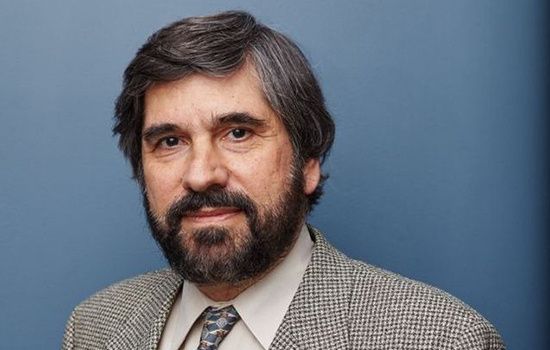
DDLC Seminar: Christos Cassandras (Boston U)
Data Driven Learning and Control seminar series is organized by the Information and Decision Science Lab at Cornell University and aims to explore the latest advancements and interdisciplinary approaches to data-driven learning and control systems.
Watch on YouTube Live
Reinforcement Learning-based Receding Horizon Control with Safety Guarantees
Optimal control methods provide solutions to safety-critical problems but easily become intractable. Control Barrier Functions (CBFs) have emerged as a popular technique that facilitates their solution by provably guaranteeing safety, through their forward invariance property, trading off conservativeness with performance. This approach involves defining a performance objective alongside CBF-based safety constraints that must always be enforced with both performance and solution feasibility significantly impacted by two key factors: the selection of the cost function and associated parameters, and the calibration of parameters within the CBF-based constraints. Rather than heuristically tuning these critical parameters, we present a systematic Reinforcement Learning (RL)-based Receding Horizon Control (RHC) approach leveraging Model Predictive Control (MPC) with CBFs (MPC-CBF). In particular, we parameterize our controller and use bilevel optimization, where RL is used to learn the optimal parameters while MPC computes the optimal control input. This method is applied to the challenging automated merging control problem for Connected and Automated Vehicles (CAVs) at conflicting roadways. Results demonstrate improved performance and a drastic reduction in the number of infeasible cases compared to traditional heuristic approaches used for tuning CBF-based controllers.
Bio:
Christos G. Cassandras is Distinguished Professor of Engineering, head of the Division of Systems Engineering, and professor of electrical and computer engineering at Boston University. He received degrees from Yale University, Stanford University, and Harvard University. He specializes in the areas of discrete event and hybrid systems, multi-agent systems, cooperative control and optimization, and computer simulation, with applications to cyber-physical systems, manufacturing systems, intelligent transportation, and smart cities. He has published extensively in these areas, including seven books. Among many professional activities, he was Editor-in-Chief of the IEEE Transactions on Automatic Control and President of the IEEE Control Systems Society. He is a Fellow of the IEEE and of the IFAC and a recipient of several awards, including the 2011 IEEE Control Systems Technology Award, the CSS Distinguished Member Award, the 1999 Harold Chestnut Prize, 2011 and 2014 prizes for the IBM/IEEE Smarter Planet Challenge competition and the 2014 BU Engineering Distinguished Scholar Award.